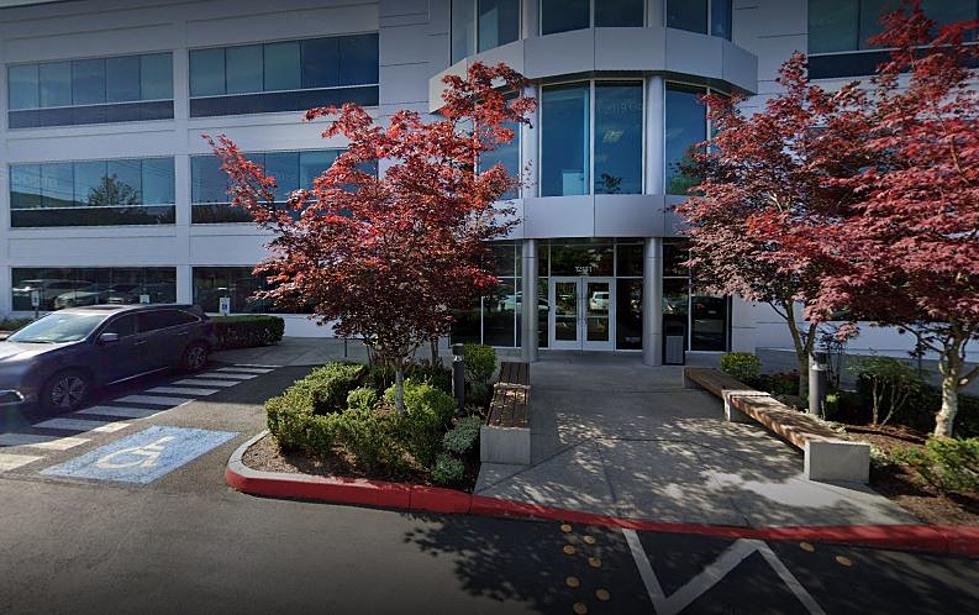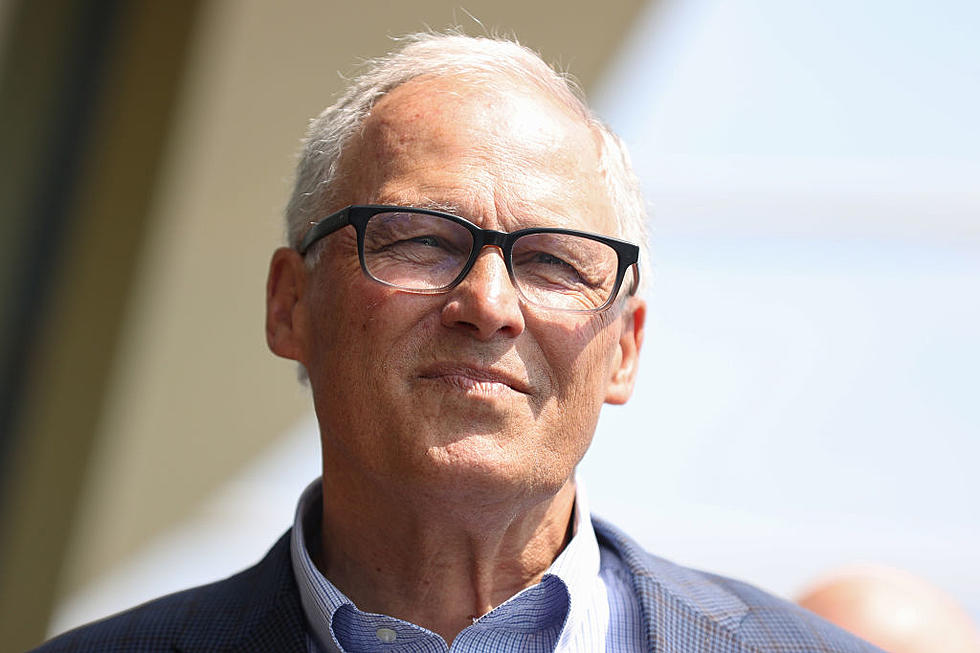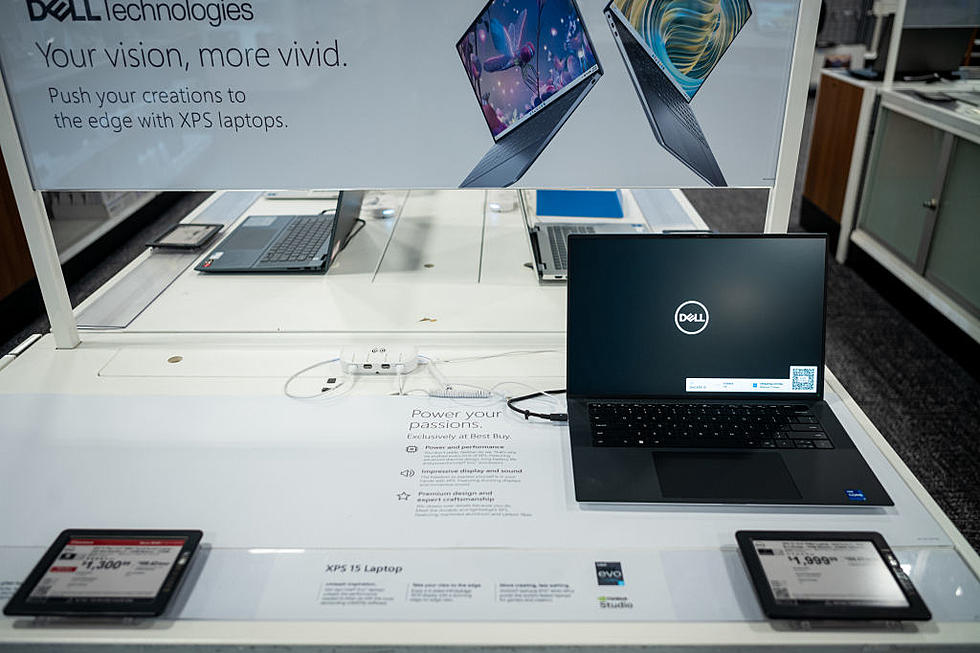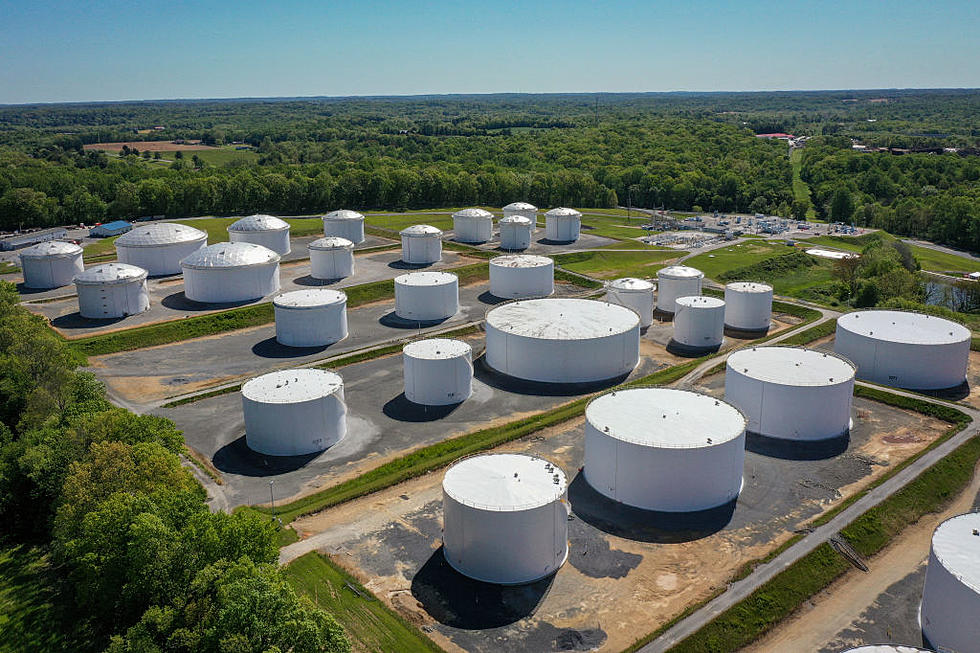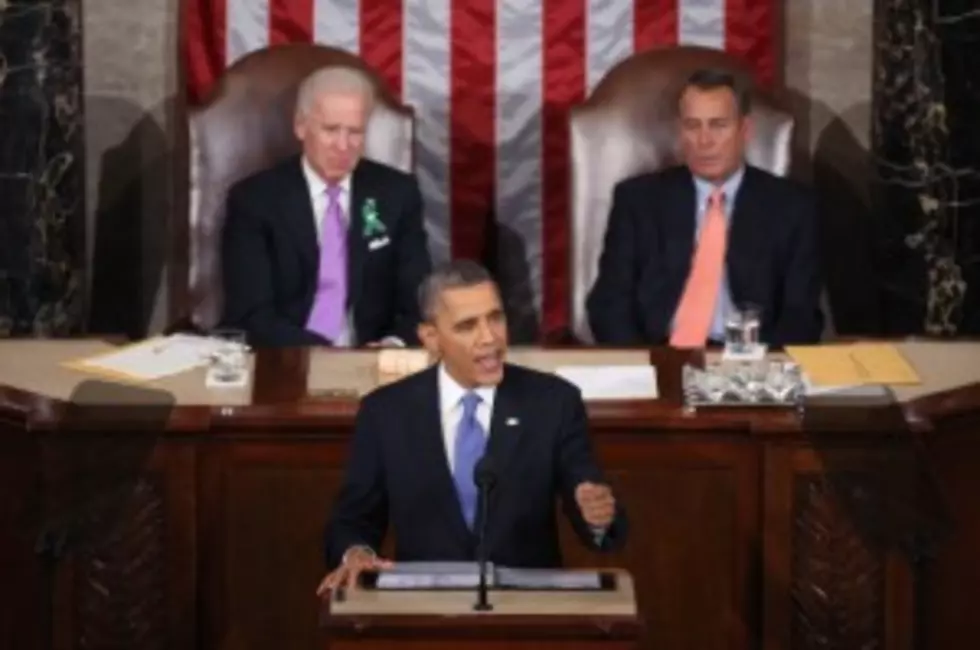
Why Obama’s Plan for Raising Minimum Wage Is a Really Bad Idea
It's an age old argument: raising the minimum wage will bring more people out of poverty. But economic experts for decades have shown why it doesn't work.
During President Obama's State of The Union speech this week he said he wants to raise the minimum wage to $9 an hour. Supporters claim it will allow lower paid, less-educated workers to escape poverty. On the surface, that sounds logical.
But once you examine the real economic factors you realize it won't. The National Review online version called much of Obama's speech "tired, old ideas" that have been talked about before. And this is one of them.
- It increases the likelihood of continued unemployment for low-wage workers, especially when the economy is bad. If a business can't afford to hire more employees, how would being forced to pay them more change that?
- It will encourage employers to cut worker training to offset increased wage costs.
- It will encourage businesses to install labor-saving devices so they won't need to hire more workers.
- It actually disadvantages younger, less-skilled workers. If a job pays $9 or even $10 an hour and a 25 or 30-year-old worker with experience applies they will get the job over an unskilled teenager or 22-year-old. Raising minimum wages will attract more skilled workers -- especially in a bad economy -- and shove out the less-skilled workers it was supposed to protect!
David Neumark of the University of California has done extensive research on jobs, the economy and minimum wage. He wrote in the Wall Street Journal clear back in 2009:
The principal sources of an individual’s higher earnings are more schooling and the accumulation of experience and skills in the labor market, both of which are discouraged by increases in the minimum wage.
More From 870 AM KFLD
